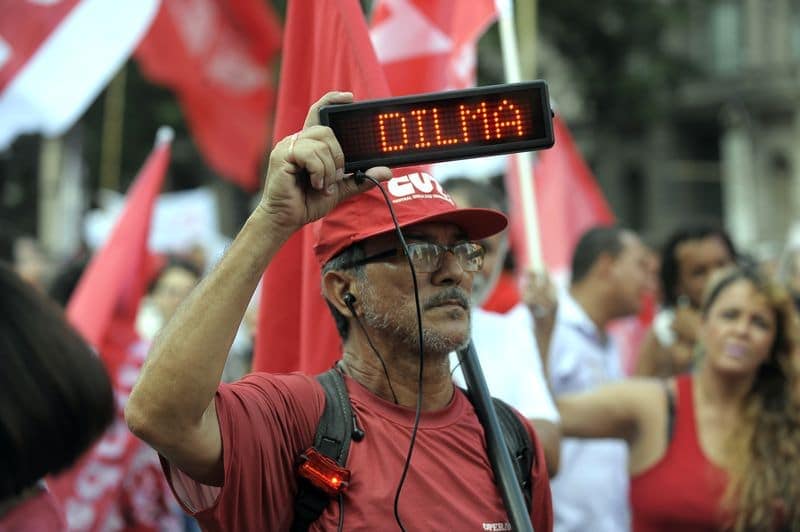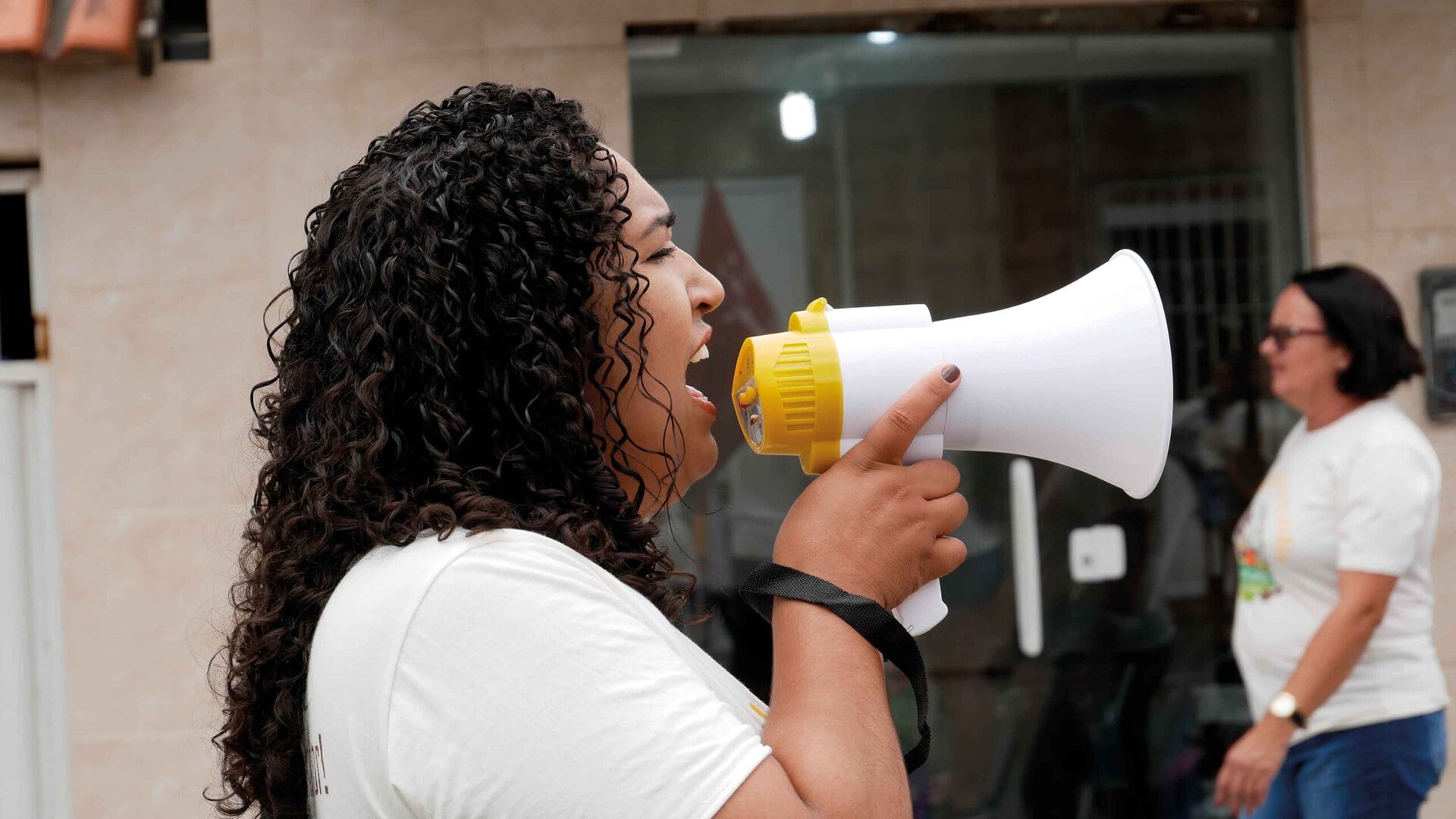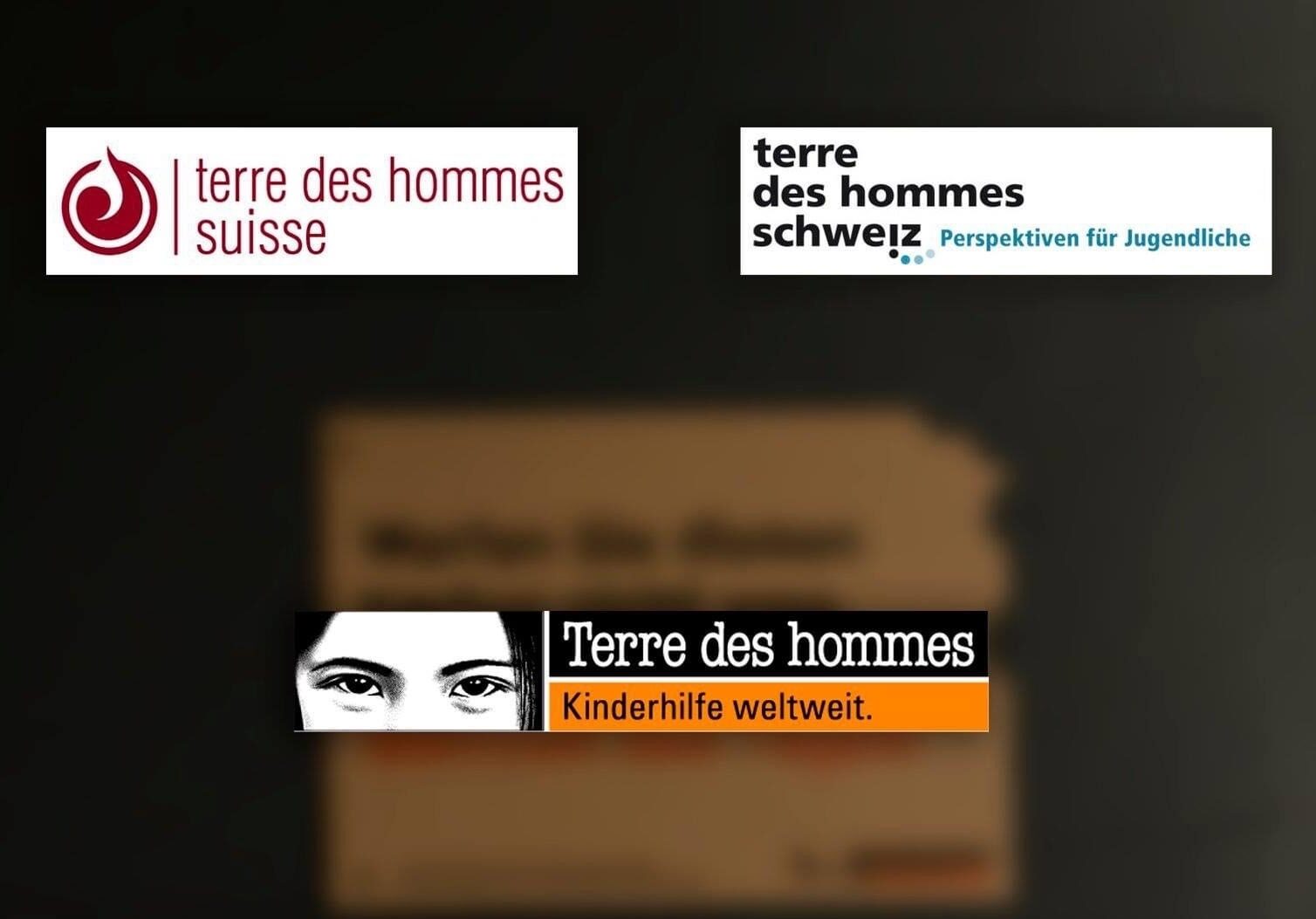Around two weeks ago, parliamentary president Eduardo Cunha gave the green light: since then, impeachment proceedings have been underway against Brazil’s President Dilma Rousseff. She is accused of violating tax laws and presenting embellished budget figures. Many observers see the proceedings as a political maneuver by the opposition aimed at removing the president and her social policy. Civil society actors, such as our partner organization Centro Sabiá, are siding with the president.
Jonas Vollmer
On December 2, 2015, Eduardo Cunha (PMDB, Party of the Brazilian Democratic Movement), as President of Parliament, initiated impeachment proceedings against President Dilma Rousseff (PT, Workers’ Party). The accusations made against Rousseff are widely seen as a pretext not only to end Rousseff’s term of office, but also to discredit the policies of the Workers’ Party. This dispute crystallizes the struggle of the conservative opposition against a left-wing government that has determined the fate of the country since 2002 – the election of Luíz Inácio “Lula” da Silva. Numerous fundamental decisions and social programmes of this government have sustainably strengthened workers and civil society organizations. With the proceedings against Rousseff, the opposition is driving a further wedge between the political camps, thereby promoting division and polarization in South America’s largest economy. While the number of participants in the protests supporting the impeachment proceedings against the president is falling, the demonstrations in favor of the government and against Rousseff’s impeachment are growing.
Partners of terre des hommes schweiz committed despite the crisis
Uncertain times are also beginning for the partners of terre des hommes schweiz in Brazil, including in the areas of organic agroforestry and youth participation. For example, the Brazilian national program for the reduction of agrochemicals (Pronara) has little chance of being implemented due to the current political situation. However, Brazilian civil society, which has grown considerably since the 1980s, is not resigned to this. Our partner organization Centro Sabia in Pernambuco/Northeast Brazil, for example, reports on a public campaign calling for an “impeachment process for agrochemicals”. According to the Brazilian Association for Public Health, 64 percent of food in Brazil is contaminated by pesticides and fungicides.
Growing uncertainty in politics and the economy
The initiation of impeachment proceedings against the Brazilian president has increased the general uncertainty in the country’s political system, which is already being shaken by growing unemployment, inflation and recession forecasts. Necessary projects and legislative plans remain paralyzed, and rights that have already been established and guaranteed are in danger of being dismantled. This applies, for example, to worker protection and the definition of indigenous territories, rural development programs, social programs, the juvenile justice system and women’s rights.



